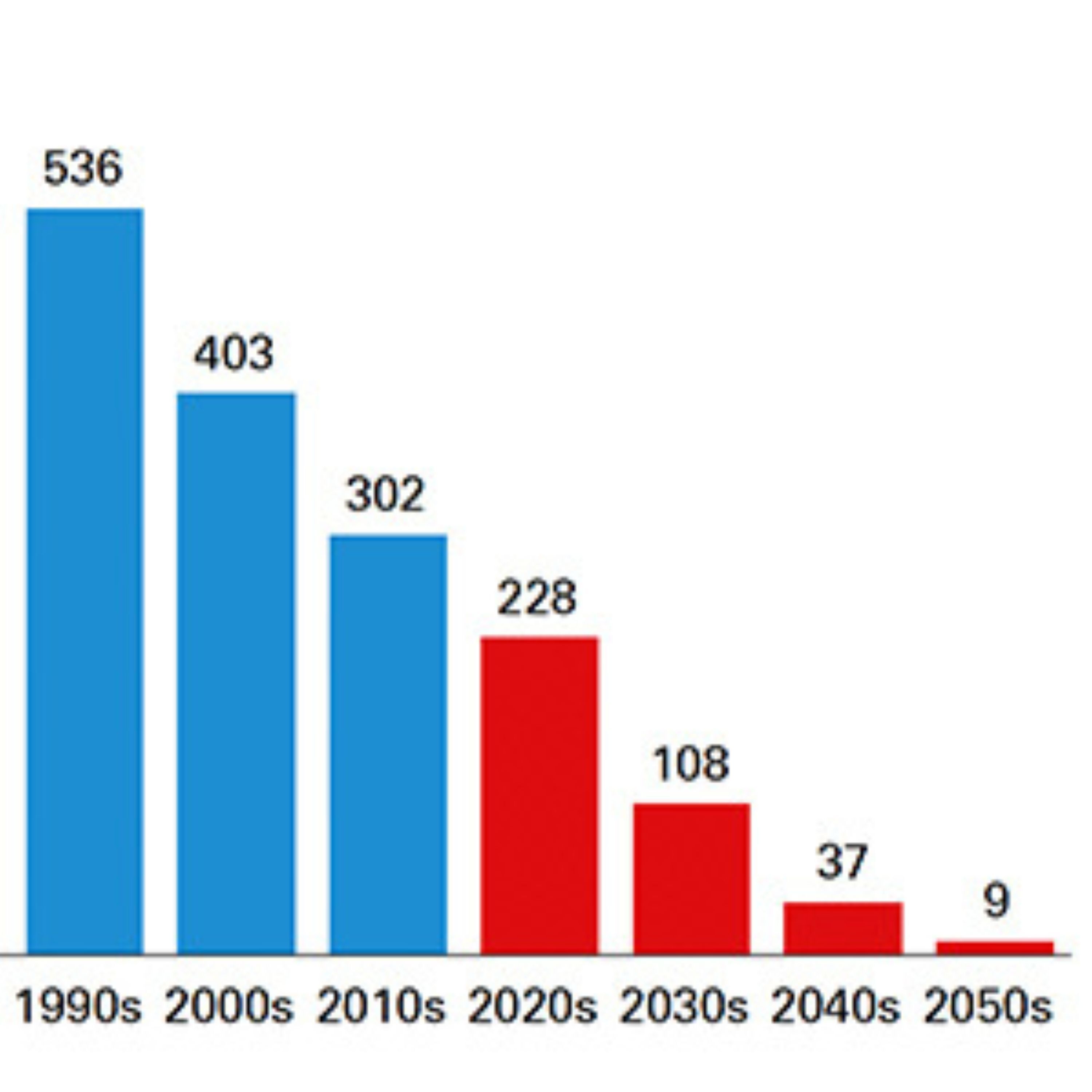Pete the Planner on Trump’s potential impact on investors, taxes, inflation and the auto industry
Description
Donald Trump is headed for a second term in the White House. The pundits have had ample opportunity to dissect the political implications of his victory. For this week’s podcast, we wanted to explore the potential financial repercussions of a new Trump administration.
There’s no mystery about his fondness toward tariffs—the taxes applied by the government for imported or exported goods as a way to influence foreign trade. Trump has enthusiastically proposed a 10% to 20% tax on most foreign products, and a 60% tariff on goods from China. On the American front, he wants to lower corporate taxes and extend the tax cuts from the 2017 Tax Cuts and Jobs Act that are set to expire soon. His administration is widely expected to loosen corporate regulations and otherwise defang watchdog agencies. He is seen as devoted friend of the financial, defense and crypto sectors. Wall Street was thrilled with his election victory: The stock market almost literally jumped for joy on Nov. 6, posting some of the biggest gains seen in many months.
Trump’s policies will affect street-level consumers and investors in direct and indirect ways—some intentional and perhaps some unintentional. IBJ financial columnist Peter Dunn, aka Pete the Planner, is our guest this week to help us make sense of what could be in store for us, the stock market, the federal debt, the economy and inflation over the next four years. The tariffs in particular could be problematic for some American industries, including the automobile sector, and could have the effect of boosting inflation. Pete also suspects that the pharmaceutical industry could have a tough time, which might affect Indianapolis-based Eli Lilly and Co.
The IBJ Podcast is brought to you by Taft.























